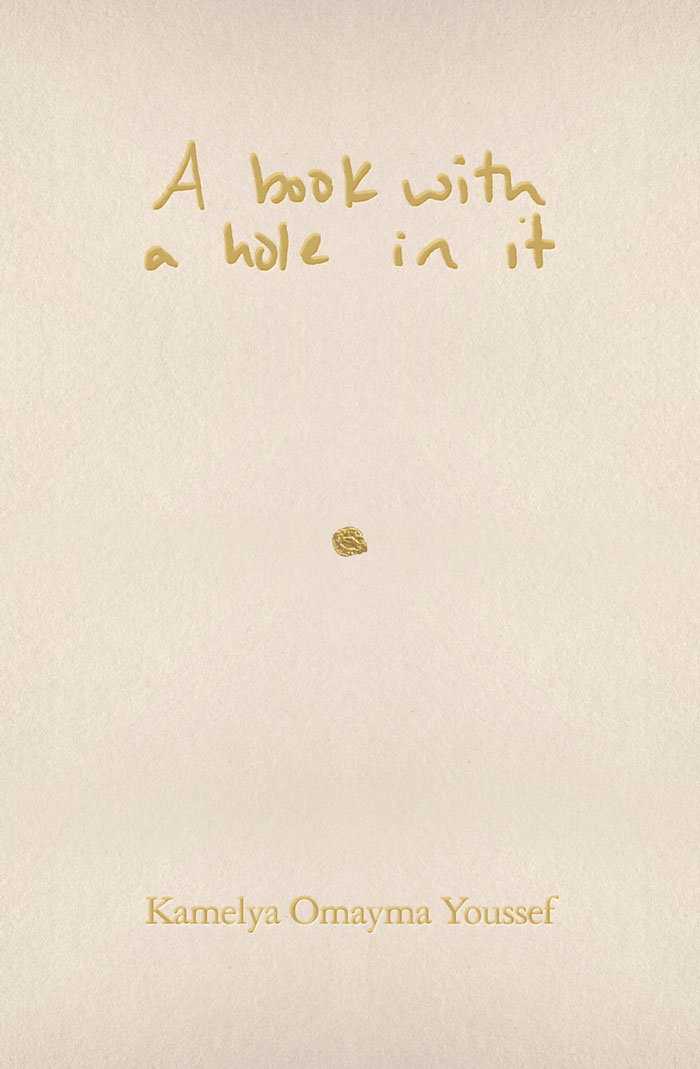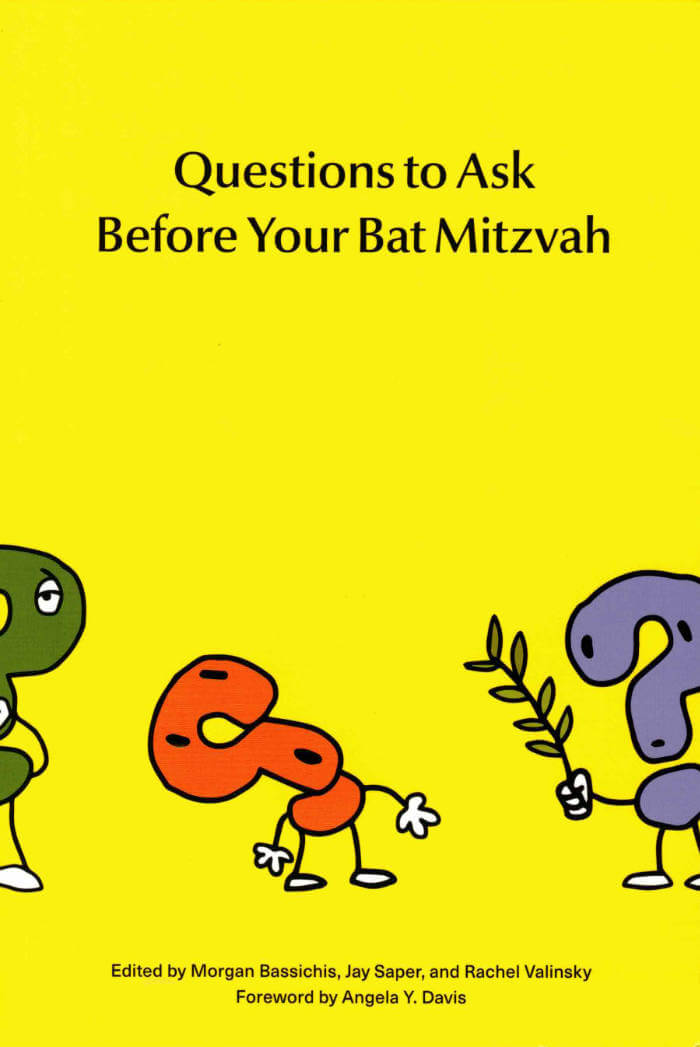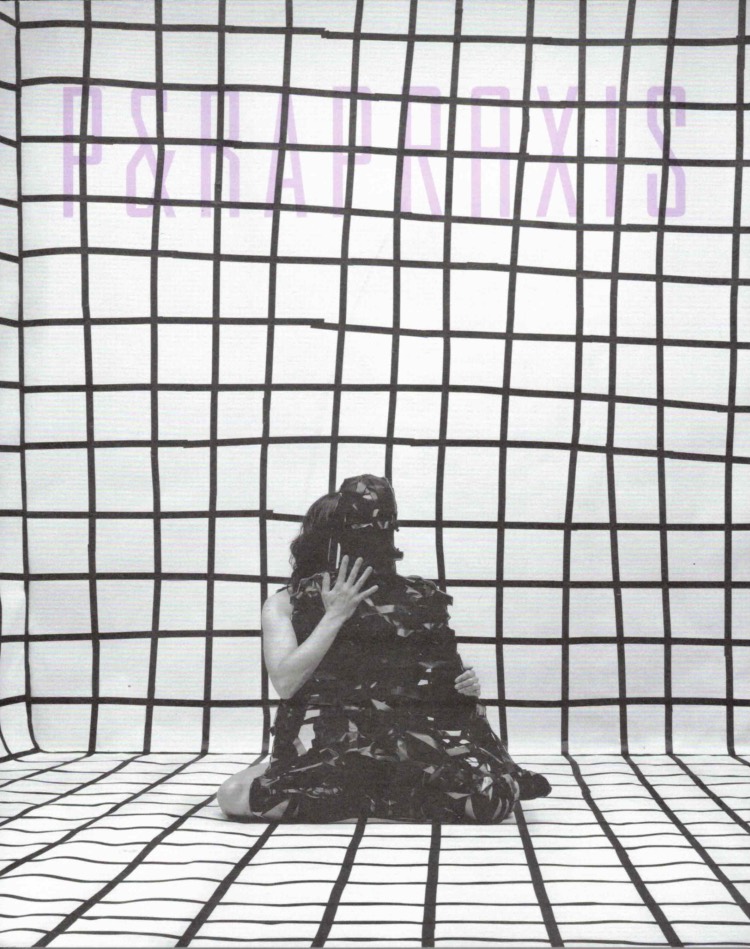
Like a Bag Trying to Empty
In April 2024, the Palestinian prisoner and political intellectual Walid Daqqa was killed by the Zionist regime after thirty-eight years in prison. In a sprawling essay about Daqqa's life and writings, the Palestinian writer and organizer Kaleem Hawa theorizes elements of the Palestinian captives’ movement, turning to prisoner exchanges and hunger strikes, the psychoanalytic dimensions of imprisonment, and temporal theories of the prison. Considering the ethnically cleansed town of al-Majdal and Asqalan prison, which was established there as its fulcrum, the essay traces the story of the land and struggle, with Daqqa coming in and out of focus at critical moments in Palestine’s history.
An earlier version of this essay was published in Parapraxis, Palestine Issue (From the River to the Sea) in August 2024.
Kaleem Hawa is a doctoral student in English and Comparative Literature at Columbia University. He is a recipient of a 2023 Arts Writers Grant from The Andy Warhol Foundation for the Visual Arts. He has written about the work of Walid Daqqa, Ghassan Kanafani, Kassem Hawal, and Patricio Guzmán, among others, and has been published in the New York Review of Books, The White Review, The Nation, The Journal of Palestine Studies, and elsewhere.
Language: English







